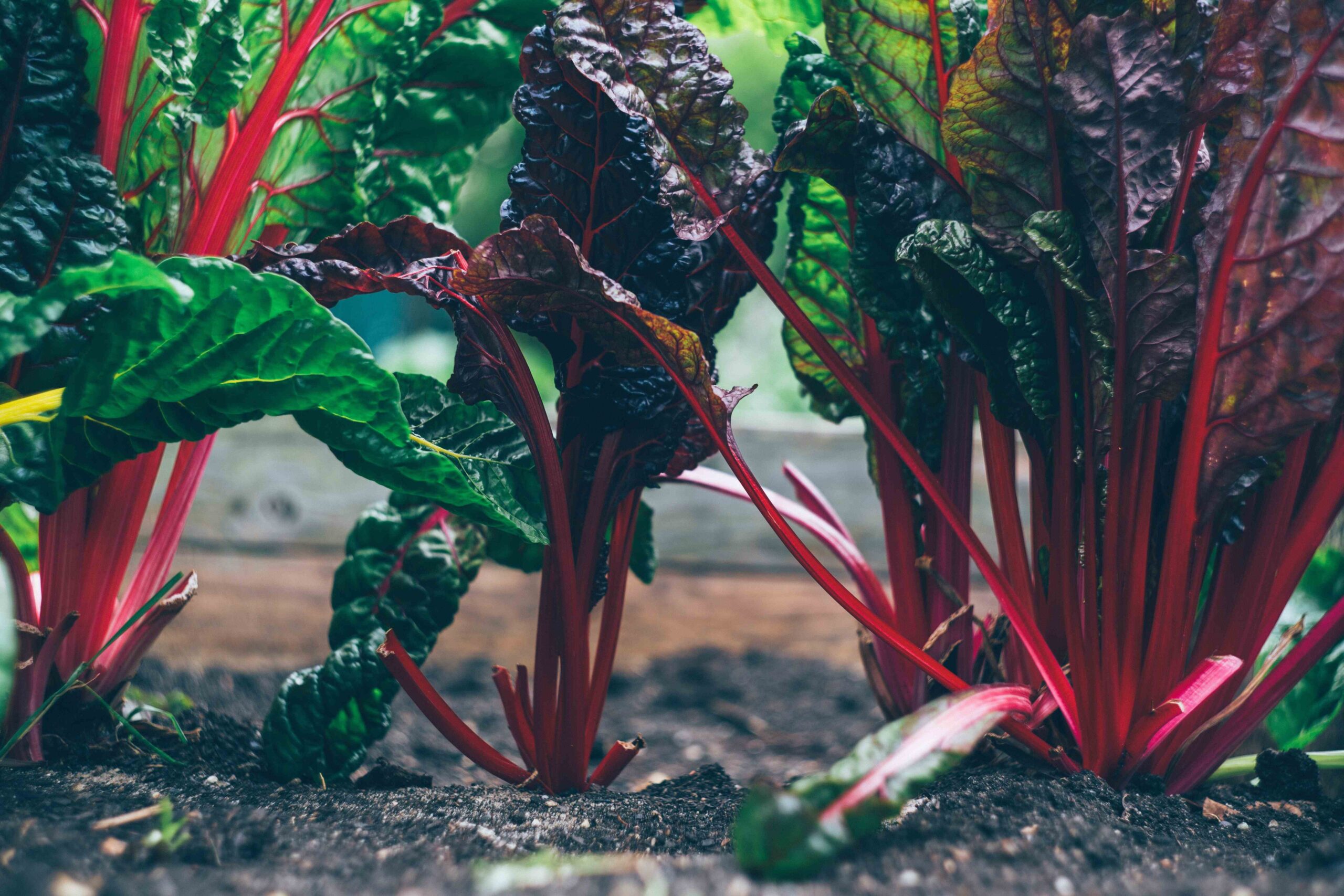by Simon Arkell
31 May 2022
The Genetically Modified Food and Feed (Authorisations) (England) Regulations 2022 came into force on 20th May 2022.
These Regulations aim to ease the process, which was previously heavily regulated, for certain genetically modified plants to be released into the environment. In turn, this will provide scientists the ability to conduct further, less restricted research, allowing for innovation in the agricultural industry.
Relaxation of Requirements
The new regulations require a notice containing prescribed information, to be submitted to the Secretary of State. Previously, the requirement was to submit a risk assessment, as well as seek consent from the Secretary of State. This aimed to regulate the release of genetically modified organisms (GMOs) into the environment however, this is now seen as an unnecessary and disproportionate constriction on research and development.
It’s essential to note that these new regulations and relaxed measures only apply to ‘qualifying higher plants’ these are plants which have genetic changes that could have occurred naturally or by any traditional breeding techniques contained in reg. 5(2) of the GMO Deliberate Release Regulations 2022.
“The government have also confirmed that despite the relaxation in the threshold for requirements, the new rules will not mean that research standards are decreased or that welfare and safety standards would be compromised.”
Impact and Questions Surrounding the Changes
Although the government have emphasised in their Explanatory Memorandum that there will be no impact on businesses, charities, public sector or voluntary bodies; people have been critical as to the implementations of these new rules.
Some have raised queries on how these regulations will impact trade. More specifically difficulties exporting products to the EU. However, others have commented that these changes may have the opposite effect and may allow for benefits to arise when trading with other countries.
There has also been concern with regards to how ‘qualifying higher plants’ will be distinguished from GMO products. How can we know for sure that the genetic alterations made to plants, would or could have occurred naturally or by any traditional breeding techniques contained in reg. 5(2) of the GMO Deliberate Release Regulations 2022? However, it is important to note that at the time of this article, ACRE (The Advisory Committee on Releases to the Environment) have published detailed guidance on the use of gene editing technology. According to this guidance, one may self-determine whether or not plants are QHPs through “an assessment of detailed experimental data generated and recorded during the development and molecular analysis of the plants”.
The House of Lords Secondary Legislation Scrutiny Committee also voiced their fears that releasing genetically altered plants would potentially negatively affect the wider environment. They placed particular emphasis of the effect these releases could have on commercial crops. This may mean that measures will need to be put in place, in order to mitigate contamination with other plants or food. However, as gene editing is required to meet the standard of traditional breeding methods, DEFRA (Department for Environment, Food & Rural Affairs) has consoled this query by stating that this would not pose any more of a risk to the environment.
Another issue that was raised before the implantation of these regulations, was the fact that these regulations only apply to England. The committee raised that this may create hurdles collaborating with researchers around the UK, it was also confirmed that Scotland and Wales did not have similar plans to implement these regulations. Despite this, DEFRA has stated that they do not believe this will pose any issues.
What does this mean going forward?
To summarise, this change will allow for the genetic alterations of crops, given they fall under the definition in regulation 5(2) as discussed above.
Although there may be certain specific concerns, such as releasing altered crops to the existing environment, trade, etc. these regulations will also allow for innovation and discovery for new plants/processes which in turn will propel and support the agricultural industry
Speak with us

